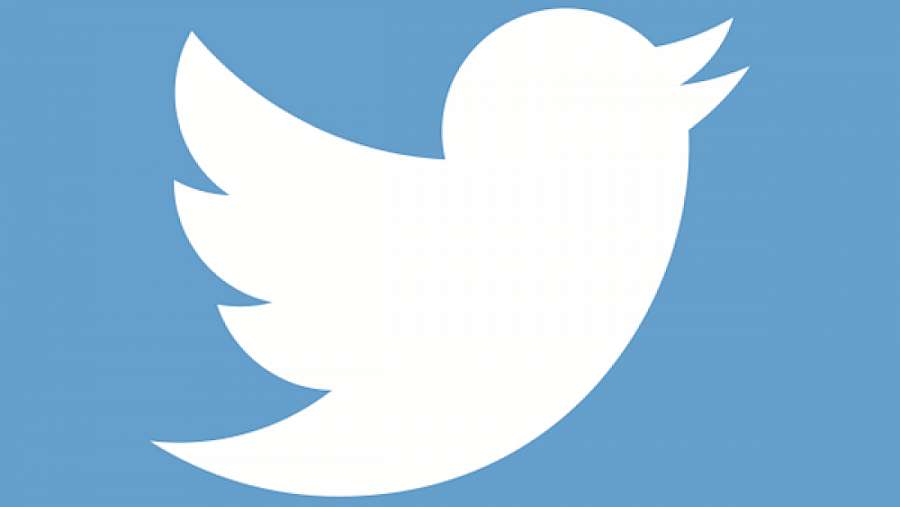CEI Defends Twitter Political Ad Ban

The smarter way to stay on top of broadcasting and cable industry. Sign up below
You are now subscribed
Your newsletter sign-up was successful
The Competitive Enterprise Institute said that Twitter's decision not to accept any political ads as well as Facebook's decision to take them and, beyond that, not to fact check them, should not be politicized.
Instead, blogs senior fellow Jessica Melugin, both should be seen as the free market and First Amendment working as they should.
She sees it as a test of uncharted waters of political speech on social media platforms. "[N]o one can know with absolute certainty which approach will provide the most benefit," she wrote, but said "[t]he advantages of running this experiment in the marketplace, instead of the government regulatory realm, are manifold."
She said those include that when private companies make decisions with their private property, they have skin in the game," but not when legislators politicize the decision. She also said each company could more quickly re-calibrate such free market decisions if necessary.
"Whichever tack tech companies take with their privately owned platforms, there are no First Amendment implications," she said. "The First Amendment prevents only the government from making laws that abridge freedom of speech. Individuals do not have First amendment Rights on others’ private property, like the Twitter and Facebook platforms."
The smarter way to stay on top of broadcasting and cable industry. Sign up below
Contributing editor John Eggerton has been an editor and/or writer on media regulation, legislation and policy for over four decades, including covering the FCC, FTC, Congress, the major media trade associations, and the federal courts. In addition to Multichannel News and Broadcasting + Cable, his work has appeared in Radio World, TV Technology, TV Fax, This Week in Consumer Electronics, Variety and the Encyclopedia Britannica.

